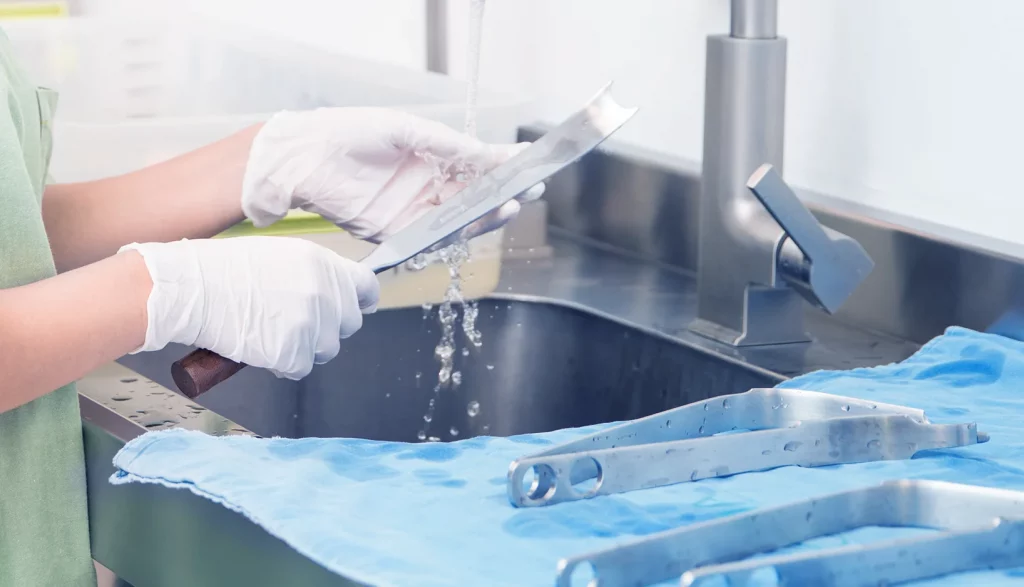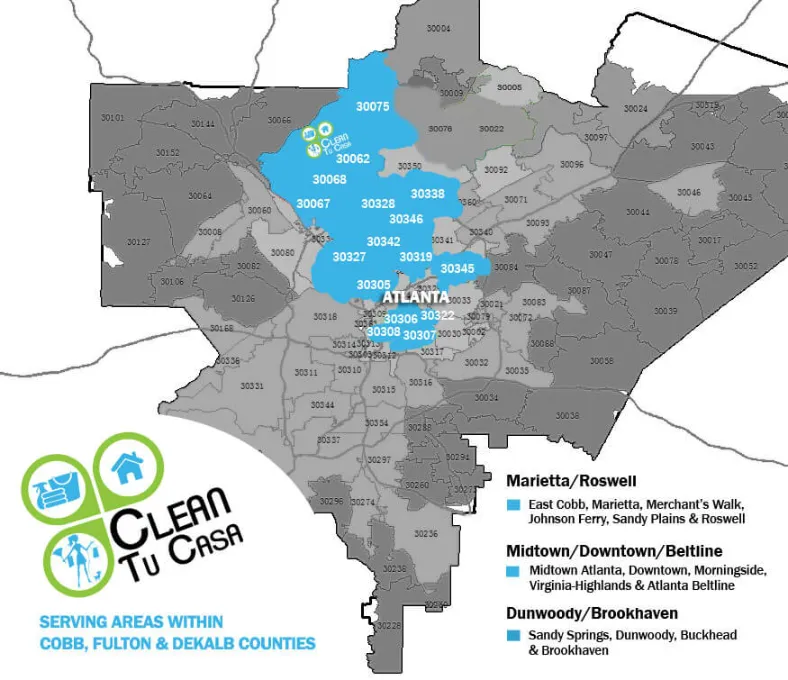Lifestyle
Published On
Important Cleaning Requirements For Health Facilities
Written By
In every office, cleanliness is necessary. But when it comes to medical facilities, it is literally a case of life and death. Beyond maintaining a welcoming atmosphere, specific cleaning requirements for health facilities are essential to prevent disease spread and ensure patient safety and staff well-being.
In this comprehensive guide, we'll delve into the daily cleaning requirements essential for the smooth operation of a health facility. We'll explore the alarming statistics surrounding Healthcare-Associated Infections (HAIs) and how rigorous daily cleaning routines shield against these infections, safeguarding both patients and healthcare professionals.
Healthcare-Associated Infections (HAIs)
HAIs are infections that patients acquire during the course of receiving medical treatment in healthcare facilities. HAIs represent a sobering threat within the healthcare industry. Recent statistics reveal the severity of the issue, with HAIs affecting 7% of all patients hospitalized daily. These infections can lead to prolonged hospital stays, increased healthcare costs, and, in some cases, dire consequences for patients' health.
The fight against HAIs begins with prevention, and daily cleaning procedures are at the forefront of this battle. By maintaining a rigorous cleaning regimen, health facilities can significantly reduce the risk of HAIs. This preventive approach not only safeguards patients during their stay but also contributes to the overall safety and reputation of the facility.
Cleaning Requirements For Health Facilities
1. Daily Cleaning Checklist
Within a health facility, a lot of surfaces and touchpoints demand daily attention. These include doorknobs, light switches, elevator buttons, and medical equipment surfaces. Regular disinfection of these high-touch areas is paramount to minimize the spread of infections among patients and staff.
There should also be an emphasis on cleaning the waiting area and lounges. Many people come to and leave these areas, which can easily lead to cross-contamination if the room isn’t cleaned.
2. Patient Examination Rooms and Tools

Regular disinfection of medical tools and equipment is not just a recommendation; it's a necessity. Patient safety and infection prevention hinge on meticulously sanitizing diagnostic instruments, monitoring devices, and examination tools.
Also, ensure not to overlook patient beds during cleans. They might not seem like much, but patients spend most of their time in your facility on these beds, making them the prime spots for contracting infections. These beds must be cleaned, and sanitized frequently.
3. Restrooms and Hygiene Stations
Restrooms in healthcare facilities are high-traffic zones where patients, visitors, and staff converge. Ensuring their cleanliness is paramount because infections can easily spread in these areas. Surfaces should be disinfected regularly, faucets kept sparkling clean, and soap dispensers always well-stocked.
During the pandemic, we realized the power of simply washing your hands to keep healthy, which still holds true in medical facilities. Patients, visitors, and healthcare staff should have easy access to handwashing stations. These stations should be impeccably clean and stocked with soap and hand sanitizers. Clear signage should encourage everyone to practice proper hand hygiene.
4. Waste Disposal
In healthcare, waste disposal isn't just a matter of throwing things away. It's about ensuring the safe disposal of potentially infectious materials in the environment. Strict guidelines govern the disposal of infectious waste, from sharps to contaminated materials. Proper labeling, secure containers, and designated storage areas are all part of a meticulously orchestrated process. Infection control starts with the responsible handling and disposal of waste.
5. Staff Training and Compliance

Behind every clean and hygienic healthcare environment is a well-informed and compliant staff. Staff hygiene training is the bedrock upon which healthcare cleanliness stands. Informed and trained healthcare professionals are the first line of defense against infections.
Training should encompass everything from proper handwashing techniques and emergency cleaning practices, to using personal protective equipment (PPE) correctly. This will instill a deep understanding of the importance of cleanliness in a healthcare setting. When healthcare professionals adhere to cleaning protocols, they contribute to a safer environment for everyone, and infection control becomes second nature,
By embracing these daily cleaning standards, healthcare facilities create an environment where healing thrives. Cleanliness isn't just a goal; it's a necessity. It's a future where healthcare quality and sustainability go hand in hand, ensuring patient well-being. Our dedication to cleanliness remains unwavering in a world where health is paramount.
Clean Tu Casa is the team to call for any cleaning service in Atlanta. We offer Atlanta residential cleaning services and corporate cleaning services. We provide commercial cleaning services in Marietta, Buckhead, and Brookhaven areas. Whether you want a one-time, weekly, bi-weekly, or monthly cleaning, simply reach out to us for your free quote today.
